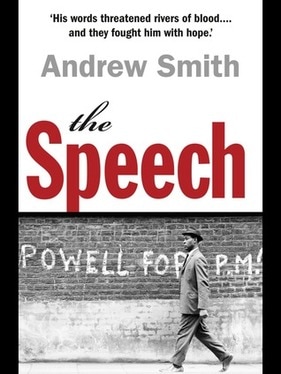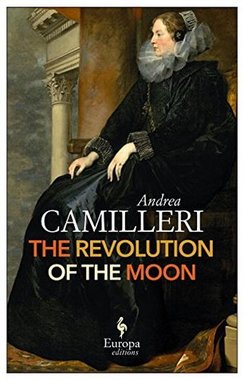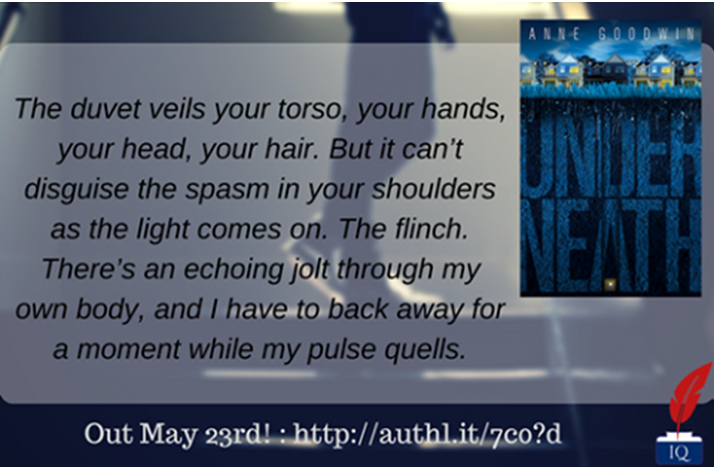I doubt you’ve ever experienced this, being such an accomplished linguist, but don’t you think it odd that one is perfectly willing to stumble along with foreign Caucasians even when they can barely speak English, when one is reluctant to interact with a coloured person who in all likelihood speaks the language fluently
A student at Wolverhampton College of Art in the late 60s, Frank devotes himself to drinking away his maintenance grant and rousing himself occasionally to point his camera at the world around him. When showing off his photo of a recent march against racism, the landlord of his favourite pub challenges him to reproduce it with a black face among the white protesters. Inspired to spend longer in the college darkroom that evening than he has for the rest of the year, the resulting print makes the student newspaper’s front page. But, in faking the image in the days before photoshop, Frank hasn’t bargained for the damage he’s done to his Jamaican friend, Nelson. His presence at the march, as Frank’s photo suggests, makes him the prime suspect for a murder committed a few streets away, never mind that his Auntie Irene insists he was at home with her.
Meanwhile, Enoch Powell, MP for Wolverhampton South West, is preparing to give a speech igniting opposition to the Labour government’s Race Relations Act. He knows his views are controversial. He knows his boss, opposition leader Edward Heath, adamant that the Conservative party not appear “racialist”, won’t be pleased. But even he isn’t prepared for the personal and professional fallout from his notorious rivers of blood speech.
Mixing fact and fiction, The Speech is both a historical and highly topical novel about a society in flux, with all too chilling parallels with anti-immigration fervour in Britain today as divorce proceedings from our European allies begin. The unfolding complexity of Enoch Powell’s character was the strongest aspect of the novel for me, and its interplay with that of the administrator of his constituency office, Georgy Verington-Delaunay, who has served him loyally until this point. As Andrew Smith shows, Powell was no stereotypical right-wing fanatic, being in favour of the abolition of the death penalty, open to homosexuality (including his own unactioned inclinations) at a time when sexual activity between men was criminalised and, as Health Minister in 1961, set the wheels in motion for community-based mental health reform. In the days leading up to his speech, he appears, in many ways, a man of his times: a blend of principle, patriotism and pedantry; devoted to duty, tradition and Empire; his high intellect compensating for any deficits in emotional literacy and maintaining his “stiff upper lip”. Unfortunately, he was also a narcissist, seduced by his own eloquence, a man of ambition unable to bear being wrong. As with Brexit, his impassioned speech lifted the lid on barely contained racism and its thuggish consequences; unlike the Brexiteers, his recklessness cost him his job.
The Speech is a highly readable political novel rife with cultural references suggesting its author is well acquainted with those times. I received my copy courtesy of publishers Urbane Publications; my first from this relatively new small independent press, but it's unlikely to be my last.
The Revolution of the Moon by Andrea Camilleri
April 1677, and Sicily is under Spanish rule. When the Viceroy dies, the six members of the Holy Royal Council are astonished to learn that he has named his wife, the beautiful and enigmatic donna Eleonora di Mora as his successor. Despite the humiliation of being subservient to a woman, the councillors resolve to pull together to ensure the island continues to be governed in their interest. But they haven’t bargained for Eleonora’s political acumen and egalitarian ethics. Despite their opposition, she sets about reforming the country, tackling poverty and corruption, and freeing orphaned women and children from prostitution. But it can’t last. The Church in particular is offended by her actions, and the machinations of the Bishop and his cronies eventually bring down her rule. Nevertheless, what she’s achieved is remarkable, and in only twenty-seven days – or one revolution of the moon.
Andrea Camilleri is described as “one of the greatest living Italian writers”, renowned for his Montalbano crime series. Although I’d not come across him, being attracted to this novel by the story rather than the reputation of its author, I could detect the skills of a crime writer in the skilfully managed suspenseful plot. Based on a genuine history, it’s a beautifully imagined celebration of a brave and intelligent woman’s determined fight for social justice.
Translated by Stephen Sartarelli, it’s a light read with a slightly satirical tone. I did wonder about the preponderance of phrases left in Spanish (presumably from the original) emphasising Eleonora’s outsider status (although we’re told she learnt Italian as a child), which I found a little distracting, even though my Spanish was adequate to the task of translating as I went along. The Revolution of the Moon is published in the UK by Europa editions to whom thanks for my review copy.
FIVE weeks to the publication of Underneath and BOTH my novels can be ordered anywhere in the world at a discount Kindle price.
























 RSS Feed
RSS Feed





















